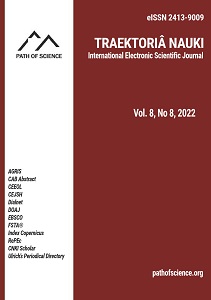The Perceived Usefulness, Perceived Ease of Use, Behaviour Towards, and Intention to Use Mobile Compilers in Learning Computer Programming
The Perceived Usefulness, Perceived Ease of Use, Behaviour Towards, and Intention to Use Mobile Compilers in Learning Computer Programming
Author(s): Cris Norman Olipas, Rodibelle F. LeonaSubject(s): Higher Education , ICT Information and Communications Technologies, Pedagogy
Published by: Altezoro, s. r. o. & Dialog
Keywords: BYOD; Computer Programming; Mobile Compilers; Technology Acceptance Model; Technology Integration;
Summary/Abstract: Using mobile learning in different learning institutions provides a lot of possibilities and opportunities for improving the quality of instruction delivered to every student. The concept of Bring-Your-Own-Device (BYOD) is one of the trends which learning institutions are adopting to provide more opportunities for students to learn and collaborate. The use of mobile compilers can be adopted as a technology integrated into the teaching and learning process. This study sought to comprehend information technology students' perceptions of the Technology Acceptance Model (TAM) constructs, which include perceived usefulness, perceived ease of use, attitude toward, and intention to use mobile compilers, at a higher learning institution in Nueva Ecija, Philippines. A descriptive-correlational design was used. The findings revealed that the respondents generally accepted portable compilers in learning computer programming. A significant difference was found between males and females regarding the technology's ease. Other variables showed no significant difference. Based on the findings, recommendations were made by the researchers.
Journal: Traektoriâ Nauki
- Issue Year: 8/2022
- Issue No: 08
- Page Range: 2006-2015
- Page Count: 9
- Language: English

